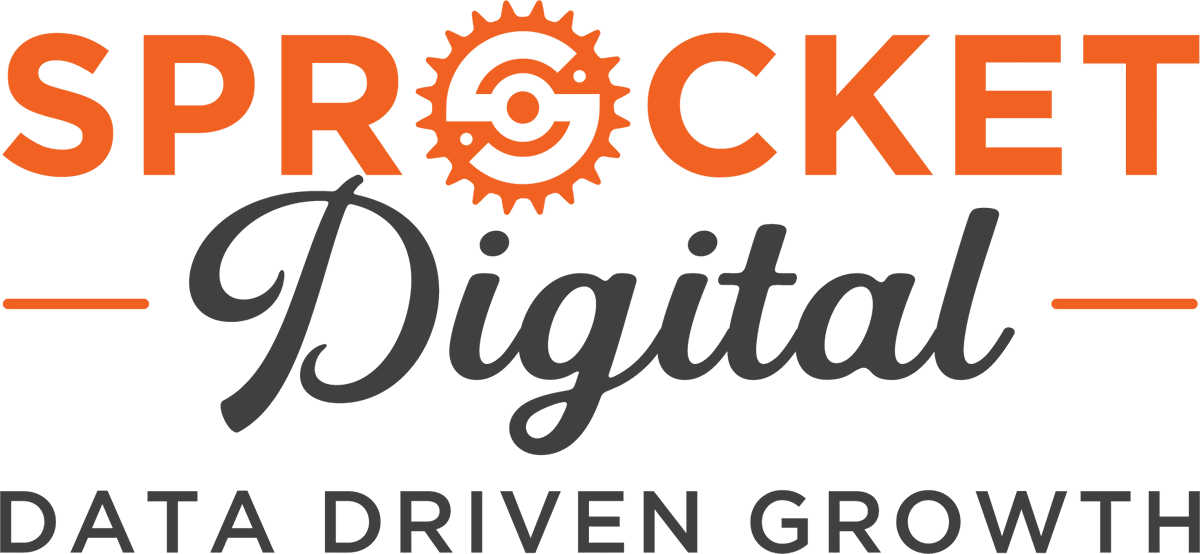Why Multi-Channel Marketing is Vital for Small Business Success
Whether for budget or simplicity, many small businesses tend to stick to just the one marketing channel for their advertising.
They’ll go all-in on Google or allocate their full budget to Facebook without considering the risks they’re taking – or opportunities they’re missing – by being solely on a single platform.
Although Google and Facebook are both great advertising platforms and offer plenty of opportunities for small businesses, sticking to one is like putting all your eggs in one basket – you never know if something could go wrong, or if you’d have better results by splitting your ad spend across different channels.
Multi-channel marketing can help you to streamline your strategy and spend by making the most of each channel’s benefits, getting the best of all worlds.
Test the advantages of each channel
It’s important to remember that aside from being advertising platforms, Google and Facebook fulfil very different functions in your customer’s lives. By only advertising on one, you could be missing an important part of the customer journey that would take place on the other.
To create a strong multi-channel strategy you need to understand who your target customers are, how they use the internet, and how you could best reach them on each platform.
You also have to consider your messaging – what works on one channel may not work so well on another. For example, on Facebook, you are more likely to be serving ads to users who haven’t seen your product/service before. This essentially makes it a cold sales pitch, where the basics of the product and service will need to be clearly and concisely conveyed. Google, on the other hand, usually serves ads to users who are actively looking for your product/service, and should therefore talk to unique selling points vs the competition.
Once you have a plan in place, it’s time to test it – maybe your assumptions will be confirmed, or maybe you’ll discover something totally new. It could be that 80% of your sales are coming from Facebook, but the 20% you get from Google are actually higher in value and contribute more weight to your overall revenue target.
Testing different channels allows you to make informed decisions for your marketing strategy to ensure that you’re getting the best results for your budget. The insights and data from these tests could dramatically improve your ROI and revenue, and streamline your progress going forward.
Avoid the risk of being single-focused
Whichever platform you use for your digital marketing, there is still a core variable that is beyond your control: the algorithm.
As Google and Facebook continually upgrade their algorithms, this can affect your ad performance and in turn your sales and revenue. Although many of these upgrades will be minor, every now and then there is a major update that can seriously impact how your ads perform on the platform.
If you are wholly dependent on one channel for your advertising, you risk being significantly affected by any major changes to the algorithm. However, by diversifying your marketing across multiple channels, you can relieve some of this pressure and adapt your spend and strategy as required.
There is no ‘one size fits all’
The channels that you use – or don’t use – can have a significant impact on the effectiveness and cost of your campaign.
While some small businesses find Facebook to be the most cost-effective for their needs, a recent study showed that professional, higher-value audiences could be found elsewhere.
What works for you will all depend on what your business is and who you are targeting – there is no ‘one size fits all’ answer to budget allocation across marketing channels.
Every business’ strategy needs to be centred around data, to understand what works, what doesn’t, and what needs further optimisation. An open-minded approach to channels allows you to test and discover the best direction for your business to take online.
A strong multi-channel marketing strategy is vital for reaching your target audience in the right place at the right time while protecting your business against potentially devastating account outages.



